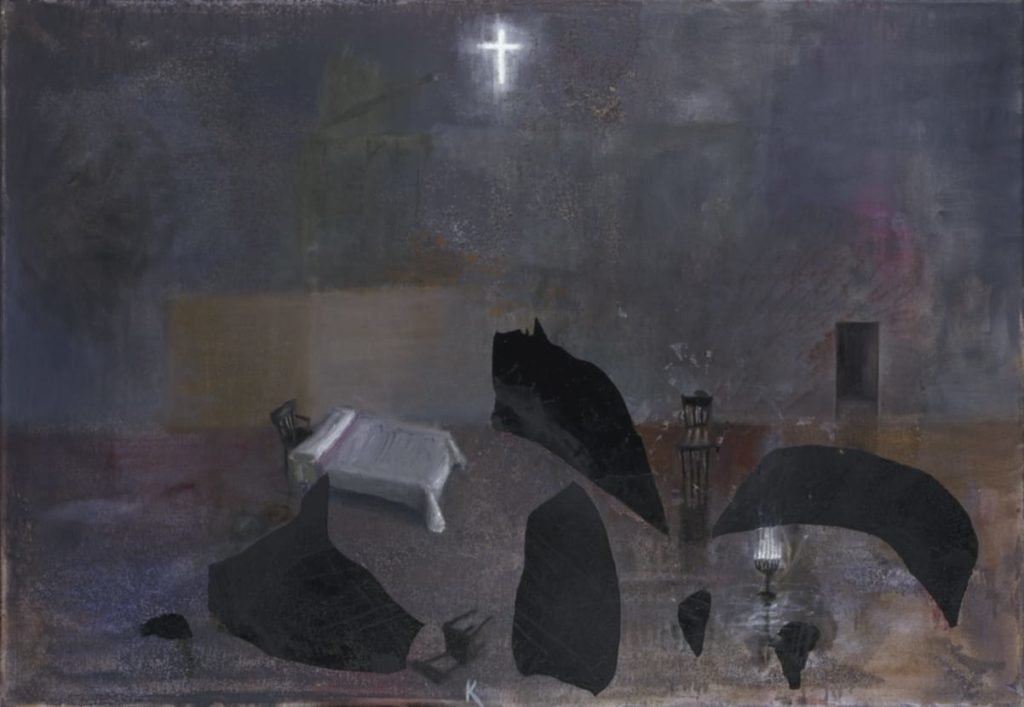
Terror floating near the rafters, terror
Against the walls in darkness hiding,
Terror through the silence sliding.
Did you not hear beneath the heap of wheels
A stirring of crushed limbs?
Hayyim Nachman Bialik, “In the City of Slaughter”
On March 21, Uganda’s Parliament passed, by an overwhelmingly majority, an anti-LGBTQ+ which “make homosexual acts punishable by death”. President Museveni sent it back to the legislature, asking for reconsideration. This bill was already a `reconsideration’ of an earlier bill, which had been struck down by the Constitutional Court on procedural grounds. That was 2014. The 2014 bill was a reconsideration of a bill first proposed in 2009. It’s now 2023, and for the past nine years, legislators have been pushing various versions of this bill. Today, May 29, it was announced that the President had signed the bill into law. To be clear, “making homosexual acts punishable by death” is to make love punishable by death. Equally, it is to declare not only a war on those deemed vulnerable but a reign of terror on the LGBTQ+ communities and on the population at large. The death penalty is reserved for those convicted of “aggravated homosexuality,” a term loosely defined … intentionally. This is what a pogrom looks like because this is a pogrom.
Activists – including Sylvia Tamale, Frank Mugisha, Jacqueline Nabagasera Kasha and others – have petitioned the Constitutional Court to halt the law’s implementation. The United States revoked the visa of the Speaker of Parliament, Anita Among. Otherwise there’s been what’s referred to as an `outcry’ and `outrage’ against the legislation, but not much substantive action. Again, this law has been coming, in plain sight, since 2009. The only question has been the exact form it might take. No one and no country can claim surprise. So, where is the international community?
Chișinău is the capital and largest city of the Republic of Moldova. Moldova was once Bessarabia, a part of the Russian Empire. At that time, Chișinău was called Kishinev. While Bessarabia was part of the Russian Empire, its culture and economies were more open than much of the empire, and so it became a place to which Jews migrated. By 1897, 46% of those living in Kishinev were Jewish. Meanwhile, the Russian Empire was organizing pogroms across its expanse. In April 1903, the infamous Kishinev Pogrom occurred. In 1905, another pogrom.
In 1904, Hayyim Nachman Bialik wrote a poem, translated as “In the City of Slaughter,” in which he imagines the events and meaning of the 1904 Kishinev Pogrom. The poem begins, “Arise and go now to the city of slaughter”. The poem is instructive, in many ways, one of which is how to respond to pogrom taking place today in Uganda. Bialik understood the horrors and atrocities of the pogrom and understand as well that the reader must understand their own responsibility. Arise and go now to the city of slaughter. Did you not hear beneath the heap of wheels a stirring of crushed limbs? Outrage and outcry will not do, especially when this pogrom, like all pogroms, did not come out of the blue but rather took shape in public over years. Arise and go now to the nation of slaughter. Did you not hear … ? Do you not hear … terror floating near the rafters, terror against the walls in darkness hiding, terror through the silence sliding?
(By Dan Moshenberg)
(Image Credit: Guillermo Kuitca, “Untitled” / Jewish Museum)